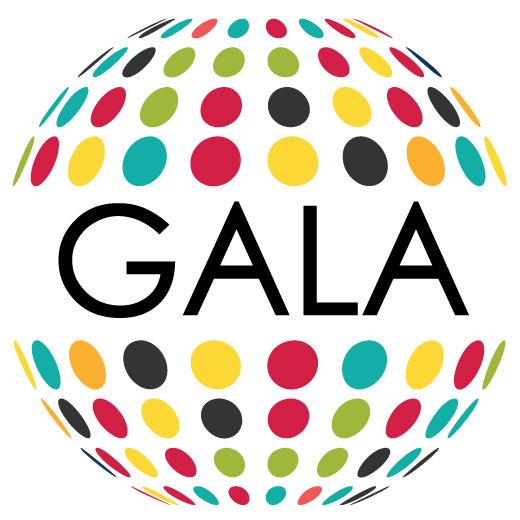
Rebecca McGuire-Snieckus
Rethinking waste and the Logics of Disposability: Compound 13 Lab research project profiled by the AHRC
Posted on April 7, 2022

The ‘Rethinking waste and the logics of disposability: Compound 13 Lab’ project (Principal investigator: Ben Parry and Co-Investigator: Penny Hay) has been profiled by the AHRC in a piece about how arts and humanities research is addressing complex challenges in cities and urban spaces.
In a low-carbon future, cities must develop a circular approach to waste disposal. A project in India is empowering low-paid ‘rag-pickers’ with the latest in design technology to help innovate safe and sustainable approaches to plastic recycling.
Recycling waste, particularly plastic, is a challenge for cities across the globe. In Mumbai – a city that produces 700 tons of plastic waste daily – around 80% of domestic refuse is processed in one area in Dharavi, known as the 13th Compound. Here, up to 250,000 rag-pickers supply a further 40,000 people working in grassroots recycling micro-enterprises, often operating in hazardous conditions.
Although these self-organised recycling systems play a vital role in the city’s waste recovery, the extremely poor workers that sustain them are largely undervalued and invisible to Mumbai’s wider society. Rethinking waste and the logics of disposability: Compound 13 Lab project aims to create a space for exploring new, safer ways to recycle plastic, and increase recognition of the skills and specialist knowledge of waste workers.
Principal investigator Dr Benjamin Parry explains: “Compound 13 Lab offers disadvantaged young people an experimental learning and maker space and access to the latest technology, such as 3D design, digital fabrication and media tools. Using resources from Mumbai’s recycling industry, members are able to test and innovate with how plastics can be recycled, remanufactured and remade safely, reliably and creatively.”


Responses